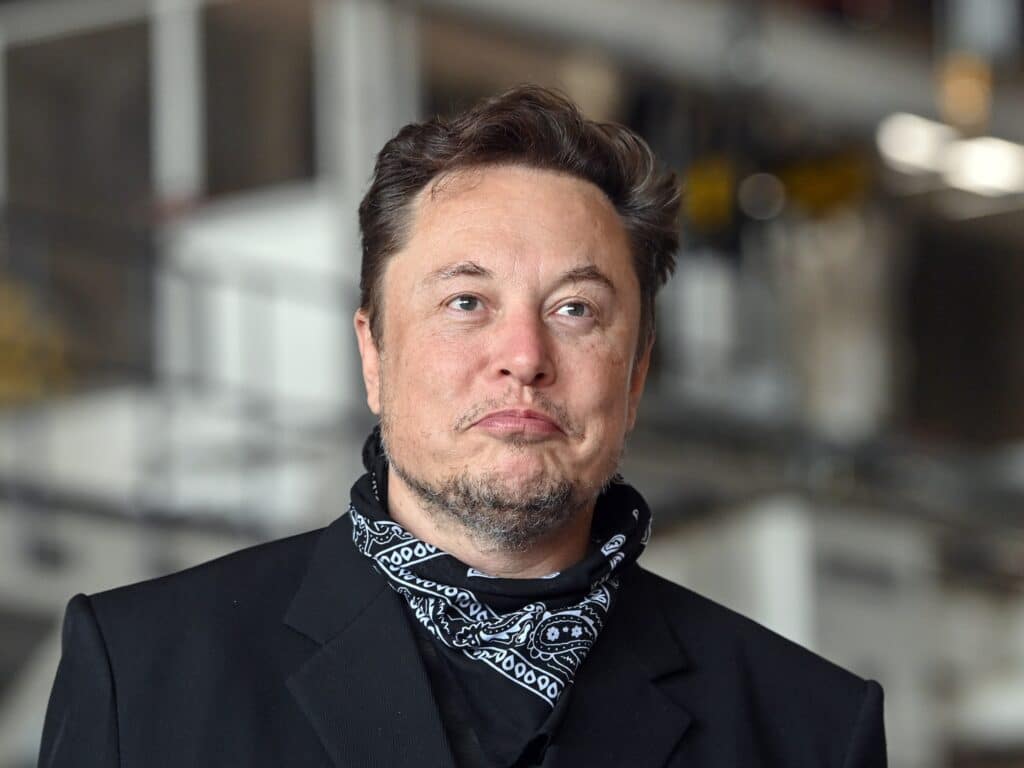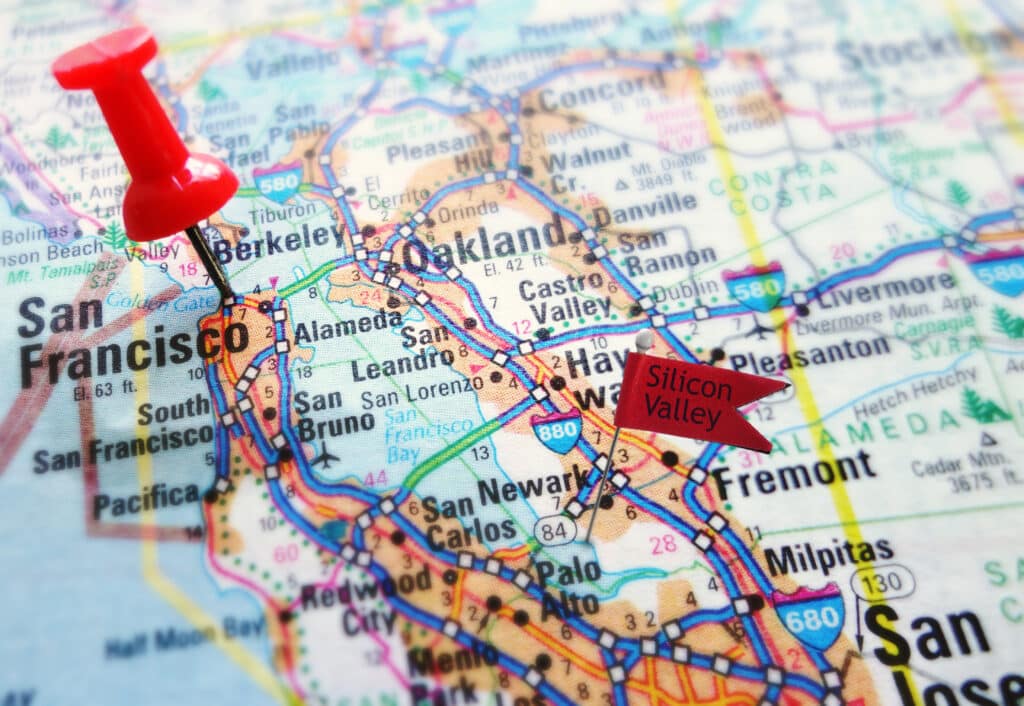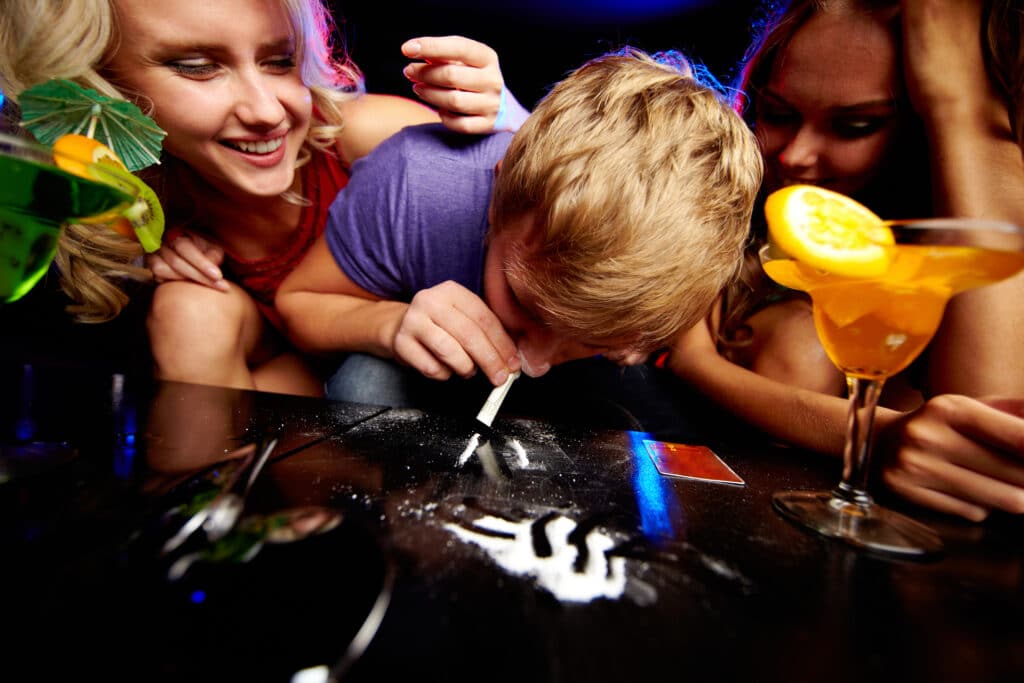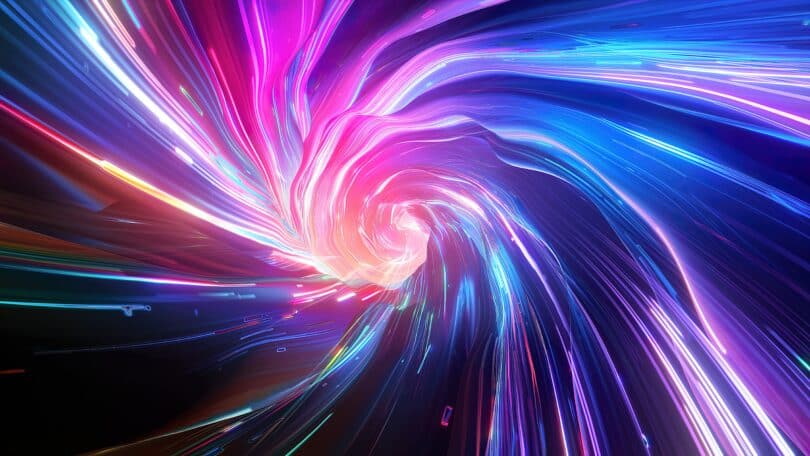With new information emerging lately about pricing for psychedelic therapies across the globe, it’s starting to seem like legal treatment with hallucinogenic drugs is just another one of those benefits only afforded to rich people. And while they’ve probably been experimenting with these drugs already, the elites of Silicon Valley are starting to open up about their positive experiences with psychedelics, now that they have become the latest fad.
Who is Elon Musk?
You’d be hard-pressed to find anyone who doesn’t know about Elon Musk these days; the eccentric billionaire known for bringing us Tesla, founding SpaceX, and taking over Twitter; and whose net worth is estimated to be somewhere between $231 billion (Bloomberg) and $238 billion (Forbes). But who is he exactly, and why is the world so drawn to him and what he has to say? There are 2,640 billionaires in the world, but not many are as well-known as Elon Musk.
Musk was born in Pretoria, South Africa, to Maye Musk (mother), a model and dietitian; and Errol Musk (father), a South African electromechanical engineer, pilot, sailor, consultant, and property developer, who partly owned a Zambian emerald mine near Lake Tanganyika. His family was wealthy and well connected all throughout his youth, and 1972 his dad elected to the Pretoria City Council as a representative of the anti-apartheid Progressive Party. In 1989, Elon moved to Canada, and eventually to the US.

After attending Queen’s University in Kingston, Ontario, then transferring to and graduating from University of Pennsylvania in 1995, Musk moved to Silicon Valley where he, his brother, and a friend, started their first tech company, Zip2; with a $28,000 loan from Errol. With Zip2, Musk developed an Internet city guide complete with maps, directions, and yellow pages, which was marketed to local newspapers. Eventually, they negotiated contracts with both, The New York Times and The Chicago Tribune. Then, in February 1999, four years after the company was started, Zip2 was purchased by Compaq for $307 million in cash. Elon Musk was a millionaire by age 28.
Since then, he’s had a hand in starting and developing many other companies including Tesla Motors, Inc., SolarCity which eventually became Tesla Energy, SpaceX, OpenAI, Neuralink, the Boring Company, and last year, he acquired Twitter for $44 billion.
He’s been the center of some controversy over the years, from being accused of running a “sweat shop-style” work environment, to making off the wall and offensive social media comments, drama during his acquisition of Twitter, romantic woes, April’s SpaceX explosion, and the list goes on. Recently, he’s made some interesting comments about antidepressants and his use of psychedelics as well.
Silicon Valley and psychedelics
Silicon Valley is situated in the southern part of California’s Bay Area. Cities that officially comprise Silicon Valley include San Jose, Menlo Park, Palo Alto, Mountain View, Cupertino, Santa Clara, Redwood City and Sunnyvale. It’s known as a prominent technology hub and is home to many startup and global companies.
The region has had ties to technology since the 1950s when manufacturing for the transistor – a device that allows electrical signals to be amplified and switched in circuits – was moved there from Bell Labs in New Jersey. William Shockley, who was part of the team that created the first transistor, moved to Santa Clara, CA, where he continued his work to further develop the technology. The transistor used silicon, a very conductive metalloid element, which gave rise to the nickname Silicon Valley. Shockley and his team won and Nobel Prize for their work eventually, Silicon Valley became the new epicenter for technological developments.
In the 60s and 70s, the US government flooded Silicon Valley with money to develop new naval technologies to aid in the cold war. Then, throughout the 80s and 90s, Silicon Valley began to shift from military and government developments to a hub for independent and progressive tech companies. As the 80’s and 90’s rolled in, Silicon Valley moved from naval and governmental developments and became the home for many independent technological companies. Apple, Google, Facebook, PayPal, LinkedIn, and Zoom are all headquartered in the Valley of Heart’s Delight.

And what’s the most recent trend sweeping through Silicon Valley? Psychedelic use among CEOs, with many of them claiming to take these substances to boost brain power, creativity, and focus. As more people are trying to get into the tech industry, and it’s harder to come up with ideas that stand out or haven’t already been done, techies are eager to find ways to differentiate themselves from the crowd.
“They don’t want a normal person, a normal company,” Spencer Shulem, CEO of BuildBetter.ai, said in a Wall Street Journal interview while discussing his own personal use of LSD “while working alone after hours.” He added that “They want something extraordinary, you’re not born extraordinary.”
In addition to using them creatively and recreationally, they’re also often used to treat various mental health disorders. Circling back to Elon Musk, he recently made comments about microdosing with ketamine to alleviate his depression, and people also claim to have seen him using it recreationally.
“Depression is overdiagnosed in the US, but for some people it really is a brain chemistry issue,” Musk tweeted. “But zombifying people with SSRIs for sure happens way too much. From what I’ve seen with friends, ketamine taken occasionally is a better option.”
Elitist drug use
While many wouldn’t look at a wealthy tech CEO and think “he definitely uses drugs”, more often than not, that’s the case. It’s a commonly held misconception that addiction affects low-income individuals at higher rates than wealth ones, but drug use (and not just psychedelics) is prominent among the rich and famous of all ages, races, genders, and sexual orientations; and the industry they work in doesn’t seem to make much of a difference either.
Money can’t buy happiness or ward of mental illness, but it certainly can buy drugs. For example, a study conducted a few years ago found that teens at “elite” high schools in the US had higher rates of drug use and risk of addiction as young adults, compared to national rates. Researchers followed more than 500 students from affluent families in the Northeast. They were first assessed during their senior year in high school, then every year for their first four years of college, and again annually from ages 23 to 27. So, this study essentially tracked the drug use patterns of rich kids over the course of almost 10 years.
“We found alarmingly high rates of substance abuse among young adults who we initially studied as teenagers,” said study author Suniya Luthar, a professor of psychology at Arizona State University. “Results showed that among both men and women and across annual assessments, these young adults had substantial elevations, relative to national norms, in frequency of several indicators — drinking to intoxication and of using marijuana, stimulants such as Adderall, cocaine, and club drugs such as ecstasy,” she said in a university news release.

And it’s not just young adults, these addictions carry over into middle age, and even old age sometimes. But why? Some possible reasons include pressure to succeed, access to disposable income, higher-quality fake IDs (for younger drinkers), parties and peer pressure, and lack of familial awareness. What’s interesting about it though, is that the drug use of rich people is often swept under the rug, and less harshly stigmatized and penalized than drug use in middle and low-income communities. As unjust as that is, it seems that most people don’t really care if a person uses drugs if they are otherwise successful and not harming anyone. Not to mention, with lots of money comes access to good lawyers, who can easily clear up some low-level drug charges.
Microdosing psychedelics
If you have any interest in psychedelics, and even cannabis, you’ve likely heard the term “microdose” a few times. It’s quite the buzzword these days, but what exactly does it mean? Simply put, a micrdose refers to any medication taken in a very small dose… a micro-dose. While it’s mostly used in regards to psychedelics, it can be applied to other medications as well. The caveat here is that most medications don’t work well at a fraction of the standard dose, so in those cases, it’s not applicable.
When it comes to psychedelics, a microdose is somewhere between 1/10 to 1/20 of what it would take for most people to feel a “high”. For example, a standard dose of LSD is about 100-200 micrograms, whereas a microdose would be around 10-20 micrograms. With psilocybin mushrooms, most people consider an eighth of an ounce to be standard, making 0.1 to .05 grams a microdose. In a pharmaceutical context, a microdose is “Less than 1/100th of the dose of a test substance calculated (based on animal data) to yield a pharmacologic effect of the test substance with a maximum dose of 100 micrograms.”
In very small amounts, a person can experience the therapeutic benefits of hallucinogens without having a psychedelic trip. Not only is that more appealing to some, as many people are not interested in getting high, but it’s also more practical for long term medicinal use. Pretty much all psychedelics can be microdosed including LSD and shrooms, as mentioned above, as well as DMT, MDMA, mescaline, and even THC.
Final thoughts
Psychedelic use is no longer viewed as something just hippie-types living on the fringes of society are doing. Now, we have numerous successful, wealthy, and famous individuals coming out about how they use hallucinogens to boost their clarity and focus, and essentially, how the drugs helped them get rich. If you were on the fence about how beneficial psychedelics can be for the mind, maybe you’re feeling a bit more confident about trying them now. However, if you aren’t already wealthy, you’ll probably have to stick to self-medicating.
Hello readers. We’re happy to have you with us at Cannadelics.com; a news source here to bring you the best in independent reporting for the growing cannabis and hallucinogen fields. Join us frequently to stay on top of everything, and subscribe to our Cannadelics Weekly Newsletter, for updates straight to your email. Check out some awesome promos for cannabis buds, smoking devices and equipment like vapes, edibles, cannabinoid compounds, amanita mushroom products, and a whole bunch more. Let’s all get stoned together!









